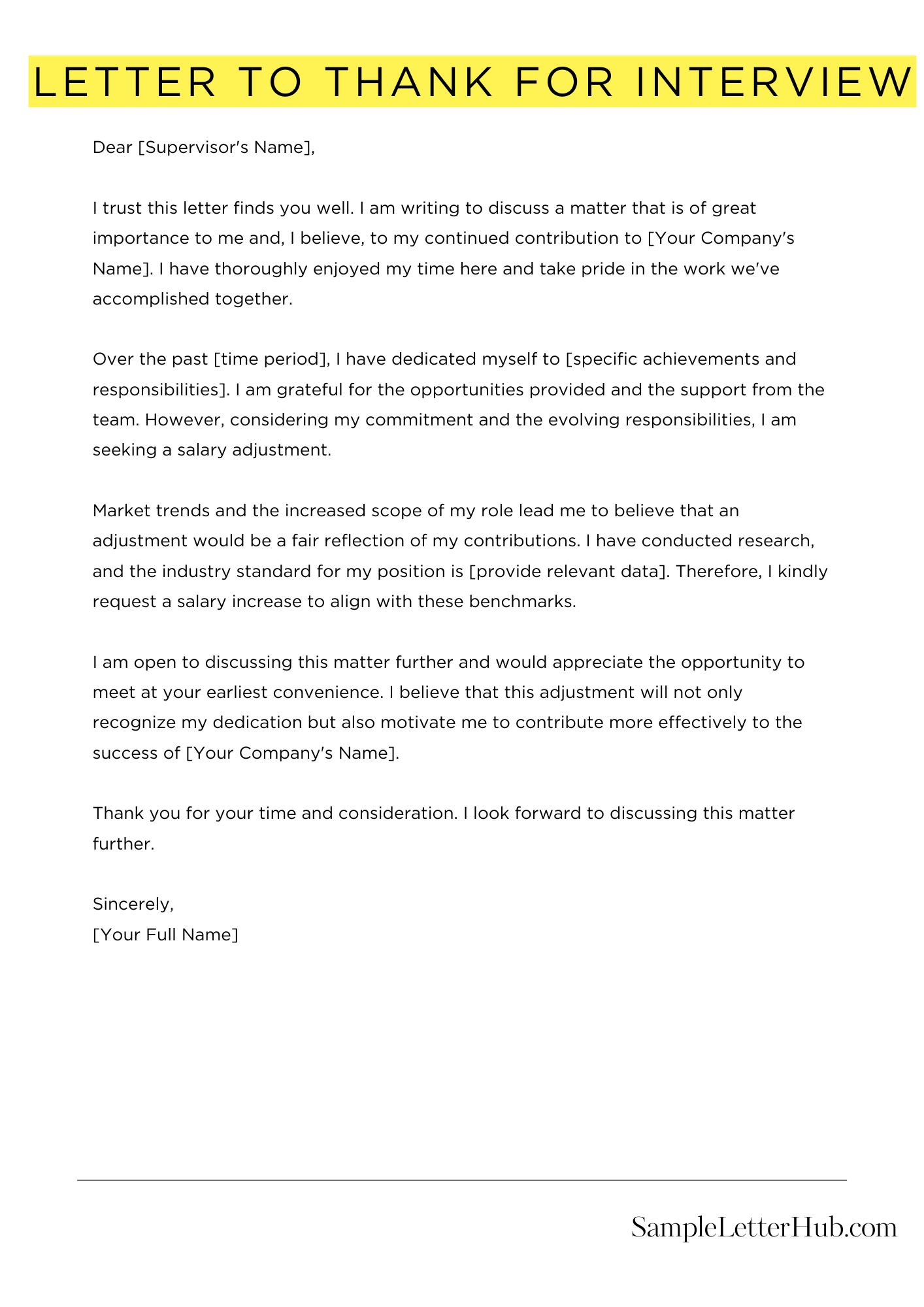

Are you planning to leave your job and want to inform your colleagues about it? Writing a letter to your staff about leaving is a professional way to communicate your departure and express your gratitude towards your team.
This letter serves as a formal announcement and helps maintain a positive relationship with your colleagues even after you leave.
In this blog article, we will provide you with templates, examples, and samples of a letter to staff about leaving. We understand that writing such a letter can be challenging, especially if you are unsure of what to include or how to structure it.
Our aim is to make it easy for you to write a letter that is clear, concise, and professional.
Whether you are leaving for personal reasons, pursuing a new opportunity, or retiring, our letter templates will help you convey your message effectively. We have carefully crafted these templates to suit different scenarios and job positions.
So, whether you are a manager, an employee, or a team leader, we have got you covered.
As I sit down to pen this letter, it is with mixed emotions that I share some news with you. After much contemplation, I have decided that the time has come for me to move on from our incredible team and pursue new opportunities.
It has been an honor and a pleasure working with each and every one of you. The camaraderie, dedication, and hard work that I have witnessed during my time here have made a lasting impression on me. Together, we have achieved great milestones and faced challenges head-on, emerging stronger each time.
Leaving is never easy, especially when surrounded by such a fantastic group of individuals. I want to express my heartfelt gratitude for the support, encouragement, and memorable moments we’ve shared. The bonds forged here will always hold a special place in my heart.
As I embark on this new chapter, I am confident that the team will continue to thrive and achieve even greater success. I believe in each one of you and the collective strength that defines our group.
Thank you for being not just colleagues but friends. Please stay in touch, and I hope our paths cross again in the future.
Wishing you all continued success and fulfillment in your endeavors.
I am writing to express my deepest gratitude for the incredible journey we’ve shared together. After much reflection, I have made the bittersweet decision to move on to new horizons, but I couldn’t depart without extending my heartfelt thanks to each and every one of you.
Your dedication, hard work, and collaborative spirit have made a significant impact on our collective success. The memories we’ve created and the challenges we’ve overcome will forever be etched in my mind.
Working with such a talented and committed team has been a privilege. Your support and camaraderie have not only enriched my professional life but have also contributed to the wonderful atmosphere we’ve cultivated together.
As I embark on this new chapter, I carry with me the valuable experiences and lessons learned from our time together. I have no doubt that the team will continue to achieve great things, and I am excited to witness your future accomplishments.
Thank you for being more than colleagues – thank you for being friends. I look forward to staying connected and cheering on your continued success from afar.
With sincere appreciation,
Dear [Company Name] Team,
I trust this letter finds you well. It is with a mix of emotions that I announce the departure of a valued member of our team, [Employee Name]. After [duration of employment], [Employee Name] has decided to move on to new opportunities.
During [his/her] tenure with us, [Employee Name] has been an integral part of our success story. [His/Her] dedication, hard work, and positive attitude have not only contributed to [his/her] personal growth but have also left a lasting impact on our team.
As [he/she] embarks on this new chapter, I am confident that the skills and insights gained here will continue to serve [him/her] well. [Employee Name] has been a true team player, and [his/her] presence will be missed. Let’s take a moment to express our gratitude for [his/her] contributions and wish [him/her] the very best in [his/her] future endeavors.
We will be organizing a farewell gathering on [date] at [location] to give everyone an opportunity to bid farewell to [Employee Name]. Your presence would be highly appreciated.
Thank you for your understanding, and let’s join together to wish [Employee Name] success and happiness in [his/her] next adventure.
I hope this letter finds you well. It is with mixed emotions that I share the news of a valued staff member’s departure from our educational family. [Staff Name], who has been an integral part of our team, has decided to pursue new opportunities.
During [his/her] time here, [Staff Name] has played a crucial role in creating a positive and nurturing environment for our students. [His/Her] dedication and commitment have left a lasting impact on both [his/her] colleagues and the children under [his/her] care.
We understand that [Staff Name] has built strong connections with your children, and [his/her] departure may be felt by both the students and parents. Rest assured, we are taking steps to ensure a smooth transition. [His/Her] responsibilities will be seamlessly transferred to a capable replacement who shares the same passion for education.
We would like to express our gratitude for the support you’ve shown [Staff Name] and our school community. If you have any concerns or questions during this transition, please do not hesitate to reach out to us. We value your input and are committed to maintaining the high standards you expect from our institution.
Thank you for your understanding, and we appreciate your continued partnership in providing the best educational experience for your children.
As I sit down to pen this letter, a wave of mixed emotions engulfs me. It is both a privilege and a challenge to bid farewell to a remarkable member of our team, [Employee Name].
[Employee Name] has been an indispensable part of our journey, contributing not only to the success of our projects but also to the vibrant spirit that defines our workplace. [His/Her] dedication, expertise, and positive energy have made a significant impact, and [he/she] will be sorely missed.
Change is an inevitable part of any professional environment, and while it brings opportunities for growth, it also creates a void. [Employee Name]’s departure marks the end of an era, but it also opens doors for fresh perspectives and new achievements.
Let us take a moment to express our deepest gratitude for [his/her] hard work and commitment. The memories we’ve shared and the milestones we’ve reached together will always be cherished.
On behalf of the entire team, I extend our warmest wishes to [Employee Name] in [his/her] future endeavors. May [he/she] find continued success, joy, and fulfillment on [his/her] path ahead.
Thank you, [Employee Name], for being an invaluable part of our team. You leave behind a legacy that will inspire us for years to come.
Wishing you all the best,

Writing a letter to your staff about leaving can be a daunting task. Whether you are leaving due to retirement, resignation, or any other reason, it is important to communicate your departure in a professional and respectful manner. In this article, we will guide you through the process of writing a letter to your staff about leaving.
The introduction of your letter should be brief and to the point. Start by addressing your staff and stating the purpose of your letter. For example, “”Dear Staff, I am writing to inform you that I will be leaving my position as [job title] on [date].””
In the next section, explain the reason for your departure. Be honest and transparent, but also keep in mind that you do not need to disclose all the details. For example, “”After much consideration, I have decided to pursue other opportunities that align with my personal and professional goals.””
Express your gratitude towards your staff for the time you have spent together. This is an opportunity to acknowledge their hard work and contributions to the organization. For example, “”I want to express my sincere gratitude for the support and dedication you have shown during my time here. Your hard work and commitment have been instrumental in the success of this organization.””
Provide a clear plan for the transition process. This will help ensure a smooth handover and minimize any disruption to the organization. For example, “”I will be working closely with [name of successor] to ensure a smooth transition. I will also be available to answer any questions or concerns during this time.””
Include your contact information in case your staff needs to reach out to you in the future. This can include your email address, phone number, or LinkedIn profile. For example, “”If you need to contact me in the future, please feel free to reach out to me at [email address/phone number].””
End your letter on a positive note. This is an opportunity to wish your staff well and express your confidence in their ability to continue the organization’s success. For example, “”I wish you all the best in your future endeavors and have no doubt that this organization will continue to thrive under your leadership.””
Sign your letter with a professional closing, such as “”Sincerely”” or “”Best regards,”” followed by your name and job title.

A letter to staff about leaving should include a clear and concise explanation of why you are leaving, your appreciation for the team and the company, and any next steps or plans for the future.
The letter should be delivered in person if possible, or via email if not. It’s important to give staff members the opportunity to ask questions and express their feelings about the news.
The amount of notice given in the letter will depend on the company’s policies and the employee’s contract. Generally, two weeks’ notice is standard, but it’s important to check with HR or a supervisor to confirm.
Personal contact information is not necessary to include in the letter, but it can be helpful for staff members who want to stay in touch or have further questions.
To write the letter in a positive and professional tone, focus on expressing gratitude for the opportunity to work with the team and the company, and emphasize the positive experiences and memories you have had.
It’s generally not appropriate to address any concerns or issues with the company in the letter to staff about leaving. This should be addressed separately with HR or a supervisor.
The letter can be used to maintain positive relationships by expressing appreciation for the team and the company, offering to help with the transition process, and leaving the door open for future opportunities or collaborations.